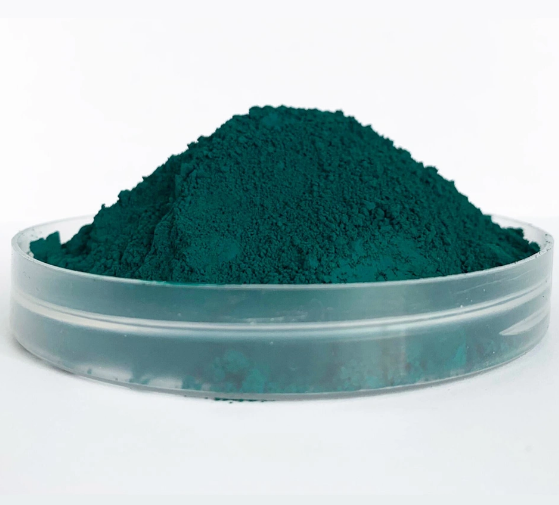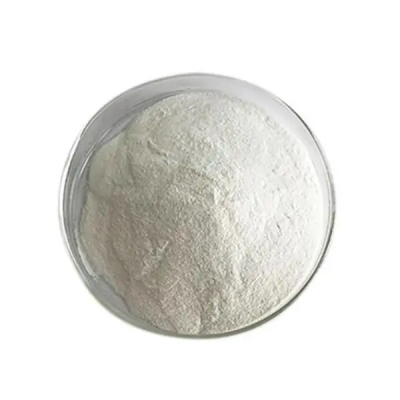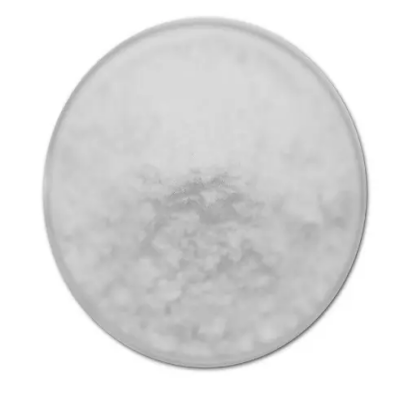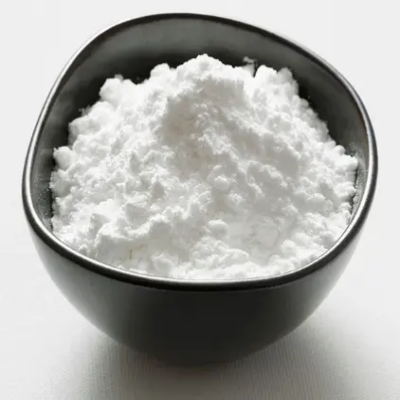Hemin = Chlorohemin CAS:16009-13-5 Manufacturer Price
Oxygen transport: Hemin is a crucial component of hemoglobin, which allows red blood cells to bind and carry oxygen to tissues throughout the body. This enables proper oxygenation and supports cellular respiration.
Heme synthesis: Hemin is involved in the biosynthesis of heme, a molecule that is essential for the function of various hemoproteins. These include myoglobin, cytochromes, and catalases, which play important roles in oxygen storage, electron transport, and cellular metabolism.
Coenzyme function: Hemin acts as a coenzyme for several enzymes involved in heme and bilirubin metabolism. It acts as a catalyst and facilitates these enzymatic reactions, ensuring the proper processing and elimination of heme and bilirubin in the body.
Gene expression regulation: Hemin has the ability to regulate gene expression by interacting with specific DNA sequences, known as promoters, and influencing the transcription of target genes. This property has been used in laboratory research to study the effects of hemin on specific cellular pathways and disease processes.
Porphyria treatment: Hemin therapy is employed in the treatment of porphyria, a group of genetic disorders characterized by defects in heme synthesis. By providing exogenous hemin, it helps to restore proper heme levels, reducing symptoms and preventing acute attacks caused by the accumulation of toxic heme intermediates.
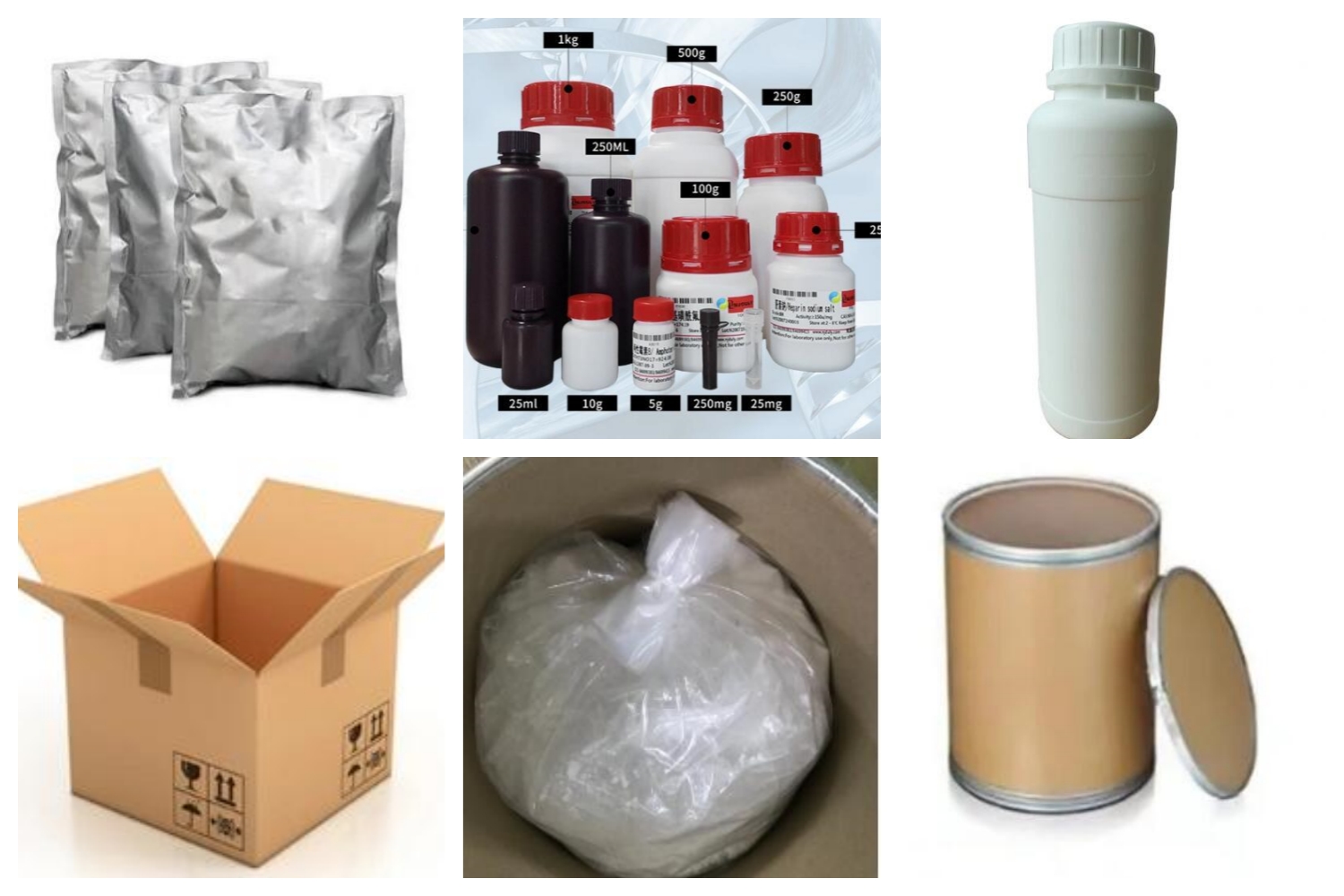
| Composition | C34H31ClFeN4O4- |
| Assay | 99% |
| Appearance | Black crystal |
| CAS No. | 16009-13-5 |
| Packing | Small and bulk |
| Shelf Life | 2 years |
| Storage | Store in cool and dry area |
| Certification | ISO. |




